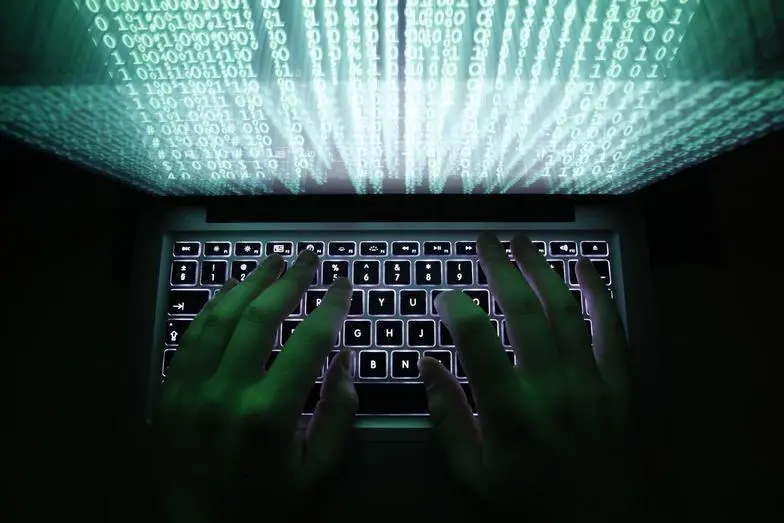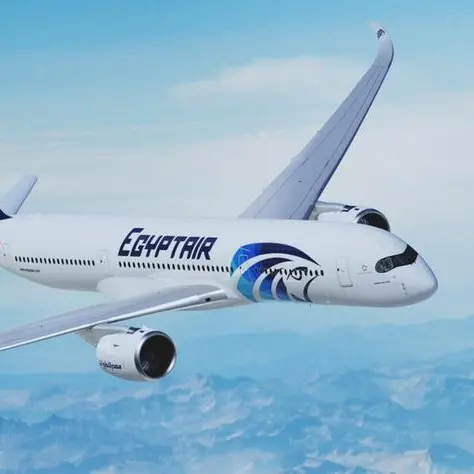PHOTO
16 May 2017
Businesses are still facing the threat of an unprecedented ransomware known as ‘WannaCry’ that infects computers, locks files, and demands ransom payments to unlock them. The malicious virus has affected more than 300,000 computers in 150 countries since Friday.
'WannaCry' affects computers running the Windows XP operating system and exploits a security flaw that Microsoft later sent a fix for.
The cyber attack hobbled traffic police and schools in China on Monday, and caused hospitals to divert ambulances in Britain on Friday. In France, carmaker Renault was among the high-profile victims. India and Russia were among the countries most affected by WannaCry to date, but researchers have found evidence that links North Korea with the malware.
"Microsoft is right to call for a 'Digital Geneva convention of rights'; the risk and impact of cyber weapons can do the same or more harm than physical weapons. It can indirectly kill patients, change traffic controls, alter car onboard steering systems, change election outcomes and more.” Mark Skilton, cyber security researcher at Warwick Business School said.
Cybersecurity firms warned not to pay the ransom that ranged between $300 and $600, but many victims are ignoring this advice with the hope of regaining control over their machines.
“The customer service provided by the criminals is second-to-none, with helpful advice on how to pay. One customer said they actually forgot they were being robbed," Brian Lord, managing director of cyber and technology at cyber security firm PGI said victims told him.
The cyber criminals raised less than $70,000 from users paying ransom to unlock their computers, according to President Donald Trump’s homeland security adviser. Trump on Monday had ordered an emergency meeting to assess the threat posed by this global attack.
Cybersecurity shares saw a spike in the wake of the attacks as investors bet on higher spending by corporates and governments to boost their defences.
Further reading:
© Express 2017
Businesses are still facing the threat of an unprecedented ransomware known as ‘WannaCry’ that infects computers, locks files, and demands ransom payments to unlock them. The malicious virus has affected more than 300,000 computers in 150 countries since Friday.
'WannaCry' affects computers running the Windows XP operating system and exploits a security flaw that Microsoft later sent a fix for.
The cyber attack hobbled traffic police and schools in China on Monday, and caused hospitals to divert ambulances in Britain on Friday. In France, carmaker Renault was among the high-profile victims. India and Russia were among the countries most affected by WannaCry to date, but researchers have found evidence that links North Korea with the malware.
"Microsoft is right to call for a 'Digital Geneva convention of rights'; the risk and impact of cyber weapons can do the same or more harm than physical weapons. It can indirectly kill patients, change traffic controls, alter car onboard steering systems, change election outcomes and more.” Mark Skilton, cyber security researcher at Warwick Business School said.
Cybersecurity firms warned not to pay the ransom that ranged between $300 and $600, but many victims are ignoring this advice with the hope of regaining control over their machines.
“The customer service provided by the criminals is second-to-none, with helpful advice on how to pay. One customer said they actually forgot they were being robbed," Brian Lord, managing director of cyber and technology at cyber security firm PGI said victims told him.
The cyber criminals raised less than $70,000 from users paying ransom to unlock their computers, according to President Donald Trump’s homeland security adviser. Trump on Monday had ordered an emergency meeting to assess the threat posed by this global attack.
Cybersecurity shares saw a spike in the wake of the attacks as investors bet on higher spending by corporates and governments to boost their defences.
Further reading:
- 5 of global cyber attacks targeted UAE last year
- Call for collective action against cyber attacks
- Russia's Putin warns of risks of governments creating hacking tools
© Express 2017





















